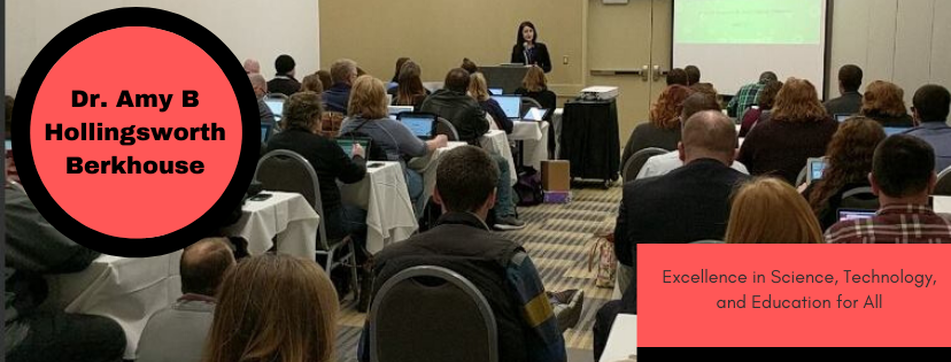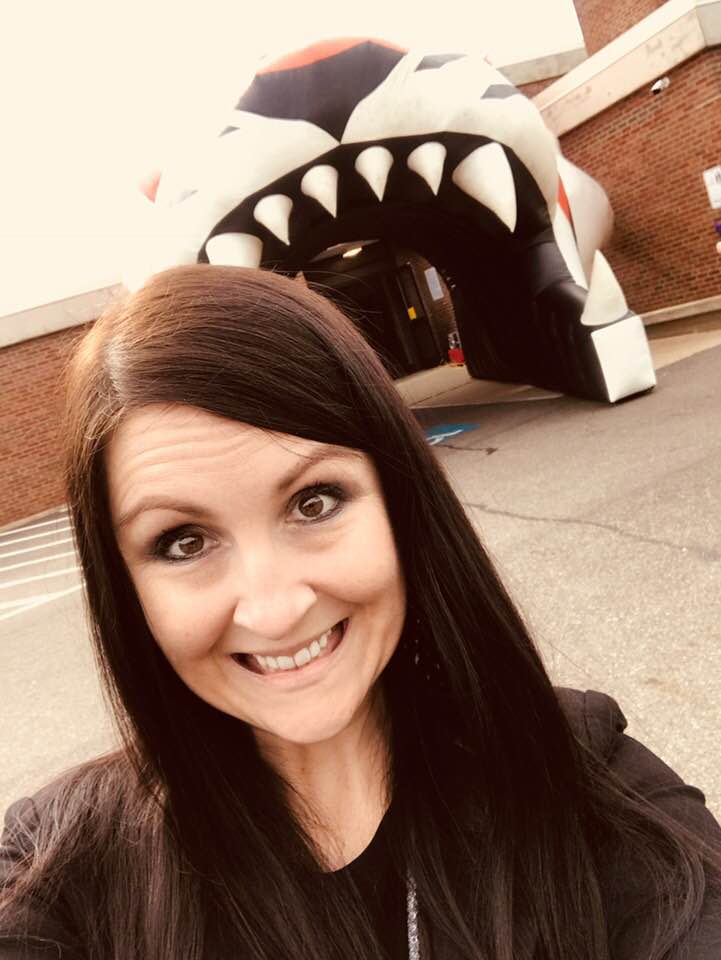- Paper needs to be at least three pages long
- There must be an intro, a body, and a conclusion. The intro and conclusion must be in your own words.
- The body of the paper should include your voice, and your citations. You may not use more than 40% citations. Here is an example:
Amy Hollingsworth
Natural Science Biology
04/08/2014
When I am writing a paper for Natural Science Biology, I need to use my own voice. This is important, so that I can show my instructor that I learned something while doing this assignment. It’s also important that I give other authors credit for their articles, web pages, or sources from Google Scholar and the library. If I am citing an internet source, I need to give the author and the date. For example, If I use this source “Here are modern North American guidelines for quoting (citing) your online research in your essay, paper, or news article” Then I must give Paul Gil his credit. I put the author’s name first, and then the year this was published (Gil, 2013). Then I cite Gil at the end of my paper.
If I am going to use more than one sentence from a source, I have to put it in “block quotes” to show that I used a lot of text. For example, if I want to use a long quote from “How Proper Online Research Works (Gil, 2014),” I would show the paragraphs like this:
Legitimate online research involves much more than 10 seconds with Google and copy-pasting the Wikipedia links. Legitimate research is called re-search for a reason: patient repetition, careful filtering, and the separation of drivel from verified content, all performed with a critical and skeptical mindset.
There are over 86 billion web pages published, and most of those pages are not worth quoting. To successfully sift it all, you must use consistent and reliable filtering methods. You will need patience to see the full breadth of writing on any single topic. And you will need your critical thinking skills to disbelieve anything until it is intelligently validated.
If you are a student, or if you are seeking serious medical, professional, or historical information, definitely heed these 8 suggested steps to researching online:
Each paper will be put through a plagiarism-detection website. If you feel confused, you can ALWAYS ask your TA for help or advice, and there is a FANTASTIC writing center on campus. It’s so great, that I even used it during my dissertation. They will make sure your writing is correct, and that you cite correctly. Check them out here.
References
Gil, P. (August, 2013). How to properly cite internet references in your research. Retrieved from http://netforbeginners.about.com/od/searchenginehandbook/a/proper_citing_of_internet_references.htm
Gil, P. (April, 2014). How proper online research works. Retrieved from http://netforbeginners.about.com/od/navigatingthenet/tp/How-to-Properly-Research-Online.htm


 RSS Feed
RSS Feed
